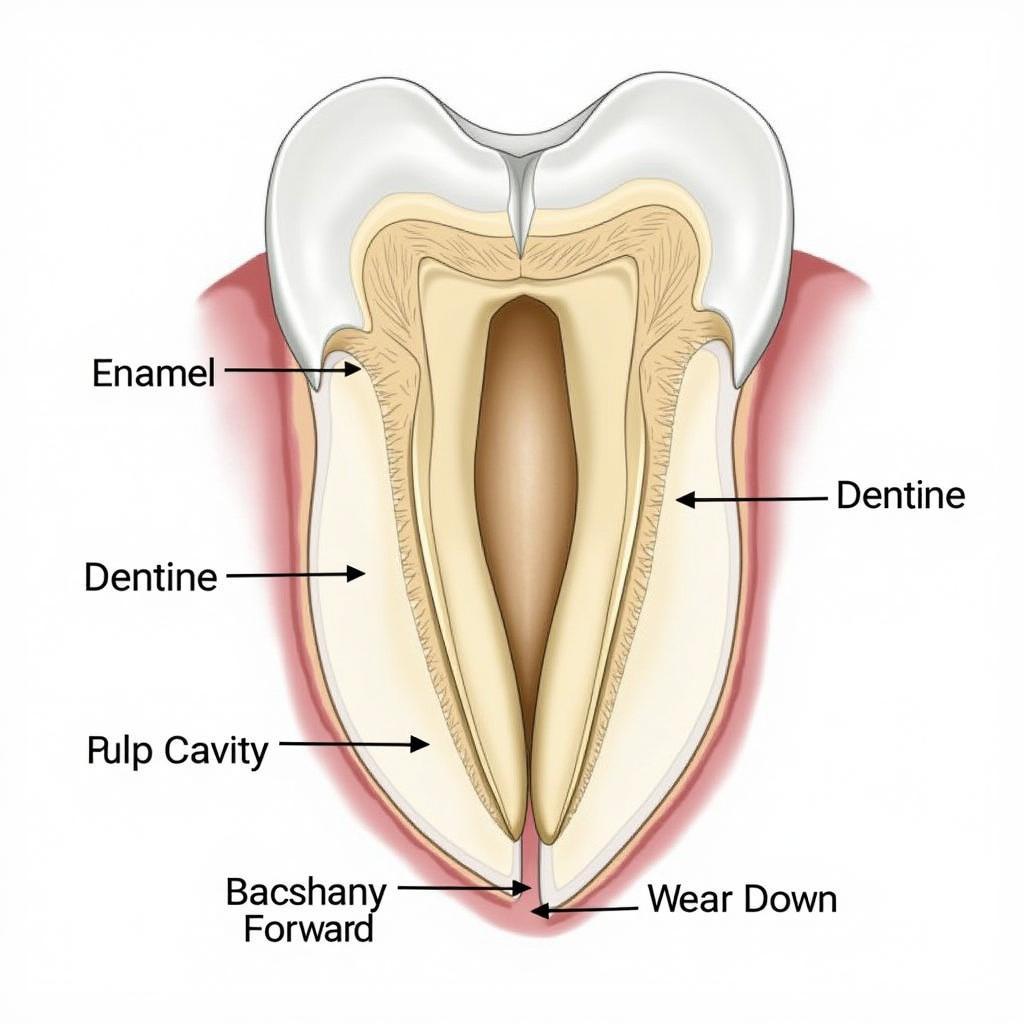African Dictators: A Complex Legacy
African Dictators have left an indelible mark on the continent’s history, shaping its political landscape and impacting the lives of millions. From the rise and fall of iconic figures to the ongoing struggles for democracy, the topic of African dictators is complex and multifaceted. Understanding their influence requires exploring the historical context, the various factors that contribute to their rise, and the long-term consequences of their rule.
The Rise and Fall of African Dictators
Several factors have contributed to the rise of dictatorships in Africa. Post-colonial instability, weak democratic institutions, ethnic tensions, and Cold War influences all played a role. Often, these leaders initially presented themselves as liberators, promising stability and prosperity. However, the allure of power often led to authoritarianism, corruption, and human rights abuses. The fall of these dictators, whether through coups, popular uprisings, or natural causes, often marks a turning point, but the transition to stable democracy can be fraught with challenges.
Many dictators consolidated their power through military force and suppression of opposition. They often cultivated personality cults, using propaganda and state-controlled media to project an image of strength and infallibility. This control allowed them to manipulate public opinion and maintain their grip on power. However, beneath the surface, simmering discontent and resistance movements often challenged their authority.
African dictators movies often portray these complex narratives, highlighting the human cost of authoritarian rule.
The Impact of Dictatorial Rule
The consequences of dictatorial rule are far-reaching and often devastating. Economic mismanagement, corruption, and lack of investment can lead to widespread poverty and underdevelopment. Human rights abuses, including political repression, torture, and extrajudicial killings, create a climate of fear and silence. These legacies can continue to haunt nations long after the dictator is gone, hindering progress and reconciliation.
Furthermore, the suppression of dissent and independent thought stifles creativity and innovation, hindering societal development. The concentration of power in the hands of a few also impedes the growth of strong institutions and democratic processes, making it difficult to establish lasting stability and good governance.
African Dictators and Warlords: A Dangerous Nexus
The intersection of African dictators and warlords often exacerbates instability and conflict. Dictators may support or empower warlords to maintain control over specific regions or resources. This can fuel civil wars, regional instability, and widespread human suffering. The complex interplay of power dynamics between these actors requires careful analysis to understand the root causes of conflict and develop effective strategies for peacebuilding.
African dictators and warlords often collaborate in exploitative relationships. For example, a dictator might grant a warlord control over a diamond mine in exchange for military support. This dynamic perpetuates cycles of violence and corruption, hindering development and stability.
Looking Forward: The Future of Democracy in Africa
Despite the challenges, the pursuit of democracy in Africa continues. Civil society organizations, activists, and ordinary citizens are working to build stronger institutions, promote good governance, and demand accountability from their leaders. The international community also plays a role in supporting these efforts through development aid, diplomatic pressure, and promoting human rights.
African dictators 2019 offers a snapshot of the political landscape in recent years. While some progress has been made, the fight for democracy is ongoing.
African dictator cannibal explores some of the more extreme cases of human rights abuses. These stories, while disturbing, highlight the importance of vigilance and accountability.
The struggle against dictatorial rule in Africa is a testament to the human spirit’s resilience and the unwavering desire for freedom and self-determination. While the scars of the past remain, the hope for a more democratic and prosperous future persists. The continued efforts of African people, supported by the international community, are essential for achieving lasting peace and stability.
Conclusion
African dictators have left a complex and often tragic legacy on the continent. Understanding the factors that contribute to their rise, the impact of their rule, and the ongoing struggles for democracy is crucial for building a better future. African dictators continue to be a relevant topic, demanding attention and action from the global community.
FAQ
- What are some of the common characteristics of African dictators?
- How has colonialism impacted the rise of dictatorships in Africa?
- What role does the international community play in addressing dictatorial regimes?
- What are some successful examples of democratic transitions in Africa?
- What are the long-term consequences of dictatorial rule on a country’s development?
- How can we support pro-democracy movements in Africa?
- What are the challenges to establishing lasting democracy in post-conflict African nations?
Other Questions You Might Ask
- What are the root causes of political instability in certain African regions?
- Are there any current African dictators still in power? African dictators still in power might offer further insight.
- How can we learn from the past to prevent future dictatorships?
For further information or assistance, please contact us: Phone: +255768904061, Email: kaka.mag@gmail.com, or visit our office at Mbarali DC Mawindi, Kangaga, Tanzania. We have a 24/7 customer service team available to help.
